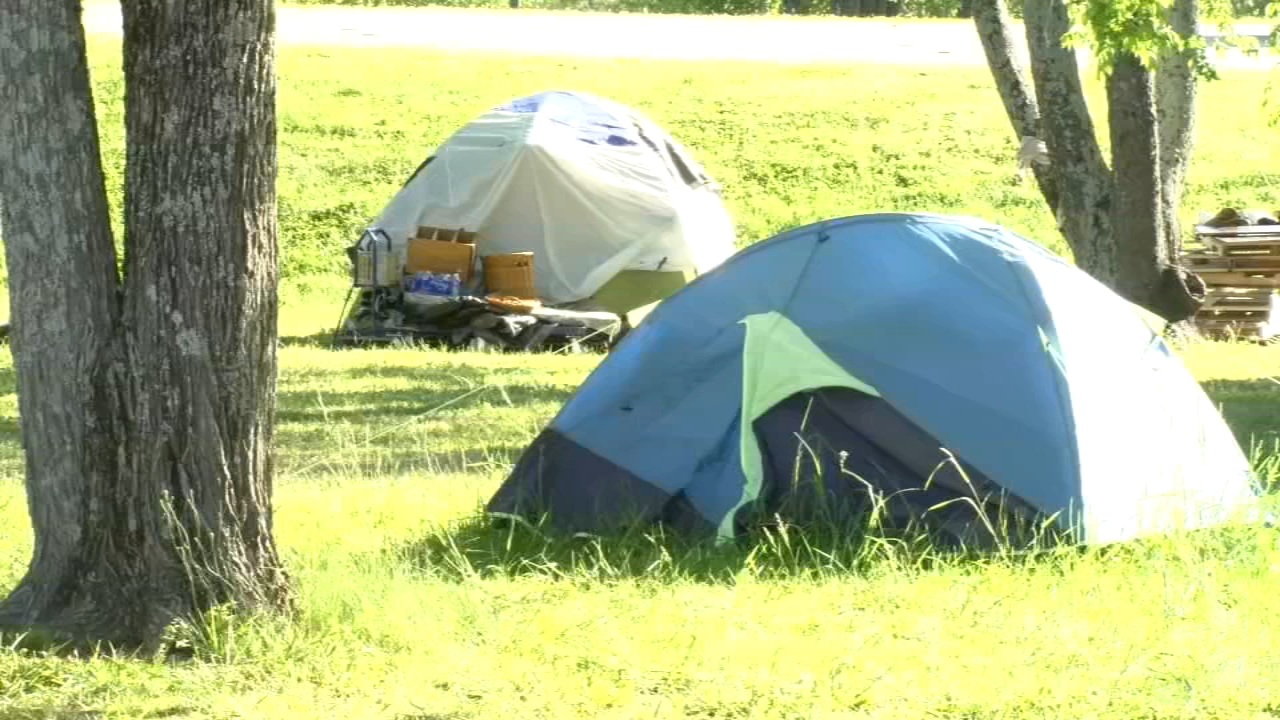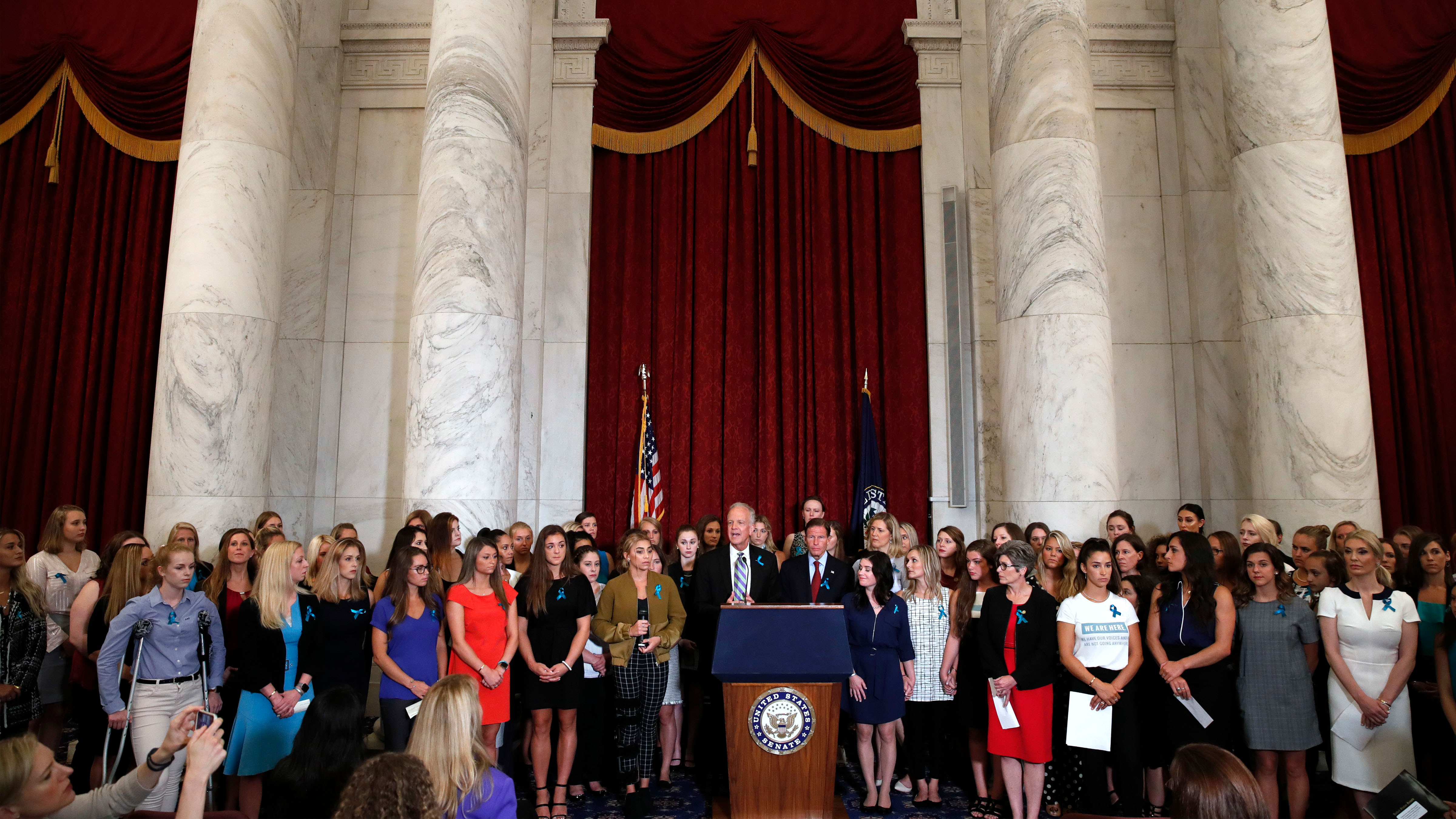Raleigh Police Department rolls out first ever de-escalation policy

RALEIGH, N.C. (WTVD) -- Raleigh police now has its first-ever de-escalation policy after six community meetings and tons of public input. It comes after growing frustration about violent police encounters and officer-involved shooting deaths including the January death of Daniel Turcios.
Officers determined he was a threat after he crashed his car and had a knife. His family insisted he was traumatized by the crash and didn't understand the English-speaking officers' commands to drop the weapon. Officers opened fire. Turcios was killed.
Under the department's de-escalation policy an officer would consider whether a person's lack of compliance is a deliberate attempt to resist or other factors such as a language barrier. An officer would also consider a person's medical conditions, mental impairment, developmental disability, or physical limitation.
"If an assault is not ongoing or imminent, right? If there's not violence about to erupt, and we have the opportunity to slow things down. We want to slow down, explained Capt. Eric Goodwin. He presented the three-page policy to a small group of community members Thursday night.
The policy state an officer should not antagonize or bait a person that could result in an unwarranted escalation. "A lot of what we have in here if you ask any Raleigh Police Department officer, perhaps any officer that you find what's in this policy that you're not doing, a good officer will tell you, I'm doing all of those things," Goodwin described to the group.
"What we've done is we've codified and put accountability with it and said, this is the expectation, not just of a good officer. This is the expectation of everybody that wears the badge," continued Goodwin.
Some of the people from the community, including social justice activist Kerwin Pittman, said the policy lacks specifics about the procedure and an actual step-by-step action plan for de-escalation during a police encounter " It lacks specificity. It's extremely vague. It lacks a description. And so, the common layperson is not going to understand this," said Pittman.
Pittman attended the community meetings and gave his input on the policy. He said in its current form, RPD's de-escalation policy lacks accountability. "I think this policy still lends itself to willful misinterpretation. And what I mean by that is the officer is going to interpret it, how they want to interpret it, and say, hey, we were de-escalating. And when clearly, we can see that may not have been de-escalation."
Pittman said he's a bit disappointed in the final draft of the policy. "I'm not trying to be a stickler about everything that Raleigh Police Department do, but I know and understand that people's lives depend on this policy, and will individuals be held accountable for breaking these policies," he asked.
Capt. Goodwin explained the PD's policy will be assessed every year. Anyone that wears a badge with the Raleigh Police Department will have to undergo mandatory de-escalation training every year.





